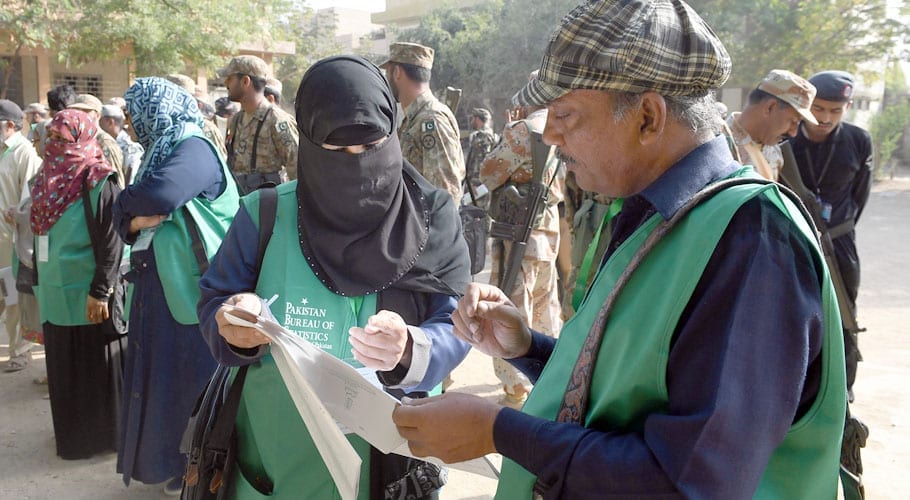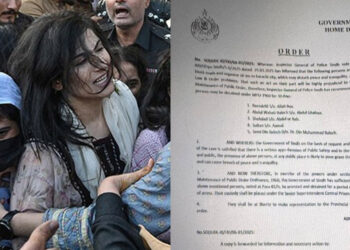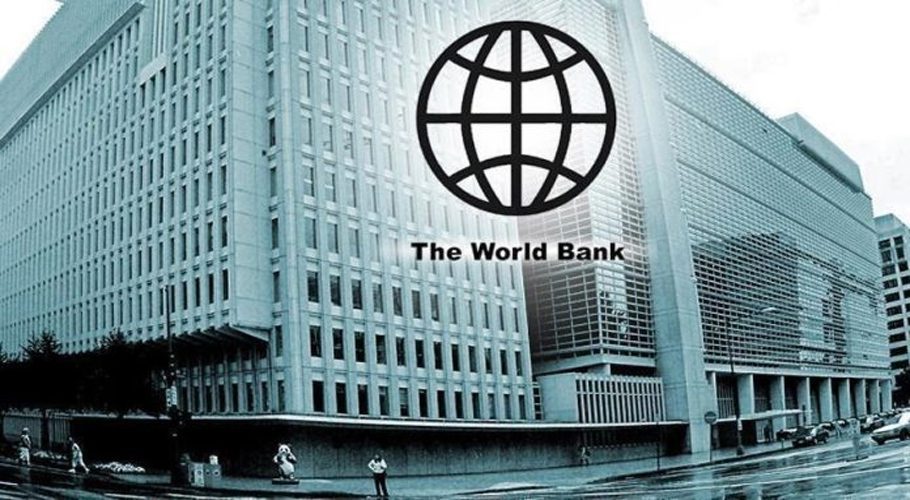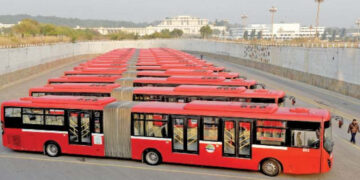![]() Follow Us on Google News
Follow Us on Google News
Pakistan Tehreek-e-Insaf (PTI) government has so far failed to reach a consensus with all coalition parties since the formation of the government at the Center, while the federal government has now created a new controversy by approving the results of the 2017 census.
On December 23, after a gap of three years, the federal cabinet had approved the 6th National Census-2017 with a dissenting note tendered by the Muttahida Qaumi Movement (MQM-P), one of the government’ key allies. A meeting of the federal cabinet decided to send the census report to the Council of Common Interests (CCI) to get its final nod with consensus among all the provinces.
Pakistan People’s Party (PPP) and the government’s coalition partner MQM Pakistan have rejected the census results in Karachi, signaling their separation from the government. If the MQM separates from the federal government, it will be very difficult for the PTI government to survive.
The latest census in Pakistan
The last census in Pakistan was conducted in 2017 whereas before that the census in Pakistan was conducted every 10 years. The first census was conducted four years after independence in 1951, then in 1981, 1972, 1961 and 1998. The 1972 census was originally scheduled for 1971 but was delayed by a year due to the war with India, and then the 1991 census was delayed due to political turmoil.
Karachi most populous city of Pakistan
Karachi has retained the label of the most populous metropolis of Pakistan, however, its population stood at only 14.9 million, which is far below the number anyone anticipated.
Provisional results of the 6th Population Census show that in the past 19 years, there was a 60 percent raise in Karachi’s population, compared with a 116 percent raise in Lahore’s population, which rose to 11.126 million people by 2017, showed the results.
According to the provincial results, during the past 19 years, the city’s population augmented from 9.339 million to 14.91 million – a net addition of 5.56 million people. Compared to this, Lahore’s population increased from 5.143 million to 11.126 million, showing the addition of almost 6 million more people.
Karachi and Lahore were the only two cities of Pakistan that hosted more than 10 million people. Of the 10 most populous cities, five are in Punjab, two in Sindh, and one each in Balochistan, Khyber-Pakhtunkhwa, and Islamabad Capital Territory.
If we compare the results of the census in Karachi and the population of 1998, then the population of Karachi has increased by about 60%, which shows that the estimated population in the census is less.
Ally MQM warns of street protest
Key government ally MQM-P said the party has been left with no way but to take to the streets in protest against the recent decision of the federal cabinet to approve the controversial National Census-2017.
MQM Convener Khalid Maqbool Siddiqui while addressing PM Imran Khan at a news conference said what is the logic for his party now to stay in the government? PTI government has not implemented even a single point agreed with his party, he said.
PPP rejects cabinet decision on 2017 census
Besides the MQM, the Pakistan Peoples Party (PPP) also rejected the Cabinet decision of the federal government regarding the Census 2017, saying that it was unfortunate that the Federal Cabinet had opted to bypass the agreement of the parliamentary leaders of the Senate for correcting the highly controversial Census 2017 results through a recount of the population in 5 percent randomly selected population blocks.
In this regard, a resolution has also been passed by consensus with the opposition parties in the Sindh Assembly. They demanded a third-party audit of the census results.
Coordinated efforts needed to resolve issues of Karachi
The metropolis is mired in administrative and political troubles. Numerous mafias have been controlling the city for a long in connivance with all major agencies responsible for the supply of water, electricity, gas or other civic amenities.
The biggest ‘stakeholder’ of the metropolis is the citizens of Karachi, who have been victimized over the last 40. In the past, both PPP and MQM failed in resolving the issue of this commercial hub. Karachi issues need to be looked into above all ethnic biases.
In fact, the results of the census affect every sphere of life, including the distribution of resources, human development and social welfare. It is under the census that governments plan for human beings.
After the reservations on the census in Karachi, the citizens do not seem to be satisfied with the results. It is time to own Karachi by giving all due rights. To counter this impending existential threat, long-term coordinated efforts are needed to resolve the issues of Karachi.


































